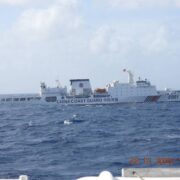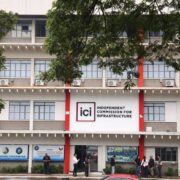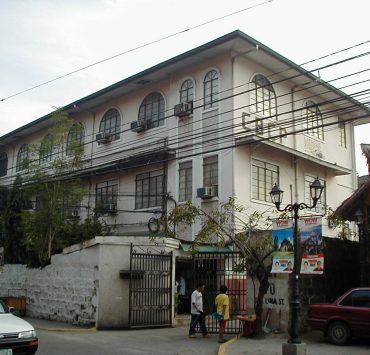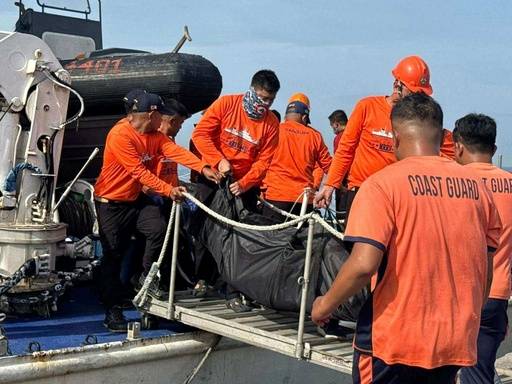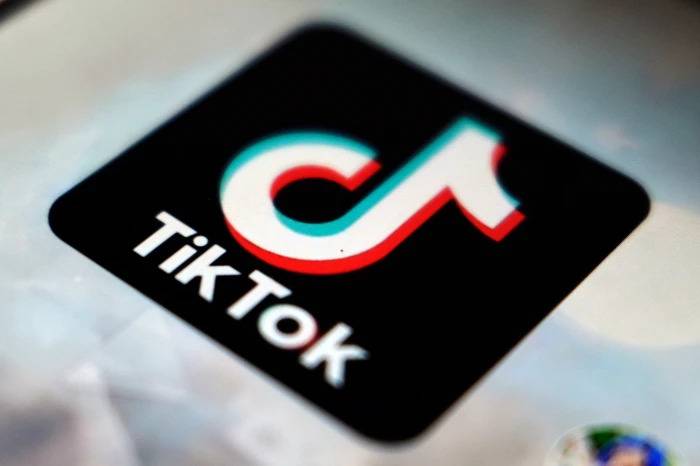More impounding areas ready for ‘colorum’ PUVs
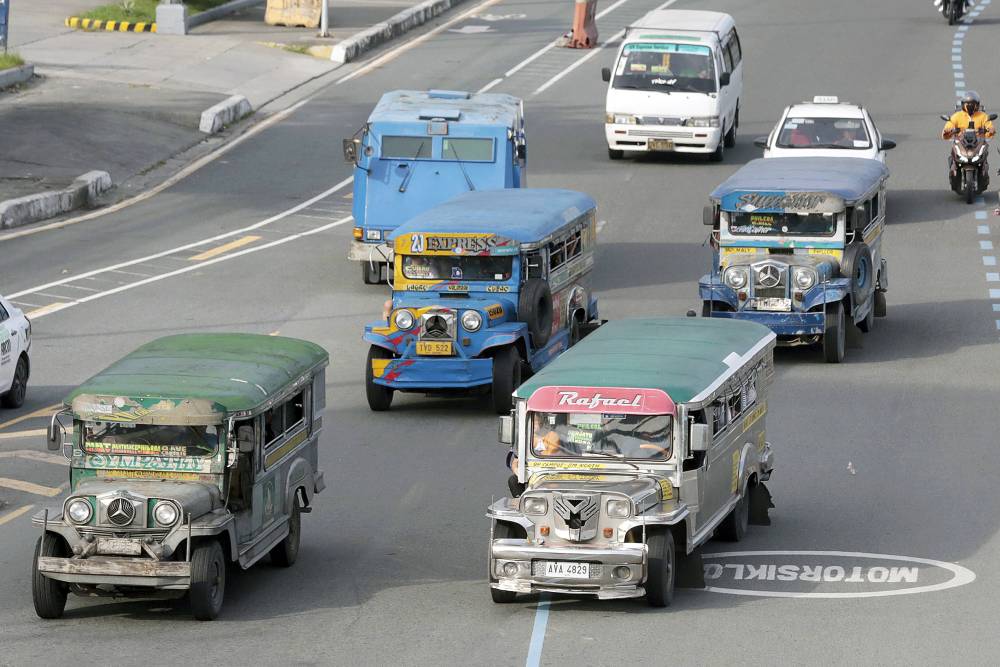
The Land Transportation Office (LTO) is preparing more impounding areas as it expects to apprehend thousands of unconsolidated public utility jeepneys, which will all be considered “colorum” by February.
However, LTO chief Vigor Mendoza II clarified that their crackdown will not only target jeepneys that failed to join cooperatives or corporations after the Dec. 31 deadline lapsed, but also all unregistered private and public utility vehicles (PUVs).
The Land Transportation Franchising and Regulatory Board (LTFRB) earlier issued a memorandum circular that revokes effective Feb. 1 the franchises and provisional authorities of all PUVs in the country that did not consolidate as a requirement of the PUV modernization program (PUVMP).
This means that they will be considered colorum and can no longer legally transport passengers on their designated routes.
Mendoza noted that unconsolidated PUVs may not automatically mean that these are unregistered, “but they will still be apprehended for being colorum.”
“We will apply the law equally to all. Because if not, the public may complain why we are apprehending these vehicles, but not the other vehicles,” he said in a media briefing.
Mendoza said they plan to open new impounding areas to accommodate more apprehended vehicles.
Additional impounding areas will be set up in Carmona, Cavite; Lipa City, Batangas; San Pablo and San Pedro cities in Laguna, and at a two-hectare lot at the SM Mall of Asia complex in Pasay City.
It also plans to expand its existing impounding spaces in Bulacan, Tarlac, Pampanga and Nueva Ecija provinces.

Stiff penalties
LTFRB Chair Teofilo Guadiz III said they would issue stickers to consolidated jeepneys to differentiate these from their unconsolidated counterparts.
Guadiz said the LTFRB has partnered with the LTO and the Metropolitan Manila Development Authority to conduct random checks in thoroughfares by next month to apprehend unconsolidated public jeepneys, particularly in the National Capital Region (NCR).
Aside from being unemployed, drivers and operators of unconsolidated PUVs that will be apprehended face additional financial problems.
Based on LTO guidelines, each colorum PUV must pay a fine ranging from P50,000 for jeepneys, rising to P200,000 for vans and P1 million for buses.
Their PUV units will also be impounded for a minimum of three months and they need to pay the impounding and storage fee.
For driving an unregistered PUV, violators will be slapped with a P10,000 fine and impounding of the vehicle.
Unregistered PUVs are those that did not undergo the annual process of “confirmation” at the LTFRB, a requirement before a PUV unit’s registration can be renewed at the LTO.
The LTFRB claimed that the PUVMP was a “resounding success” as it reached a 76.6-percent consolidation rate nationwide. This means that out of the more than 190,000 PUVs in the country, 145,721 PUVs have entered or joined a cooperative or corporation before the yearend deadline.
In Metro Manila, which registered the lowest consolidation rate among the regions, only 21,655 out of 42,177 jeepneys, or 51 percent, met the consolidation deadline last Dec. 31. This puts at risk 20,522 unconsolidated jeepneys that may be taken off the roads of the metropolis by February.
Enough PUVs
The LTFRB, however, said the consolidation rate of jeepneys in the capital region reached “97 percent,” saying that in their “recalculation,” out of the 22,000 units that are registered with the LTO, around 21,000 have already consolidated.
In the list provided by the LTFRB, half of the more than 600 jeepney routes in Metro Manila have no consolidated units. There are 319 routes with a consolidation rate of 60 percent and above, while 320 routes have zero consolidation.
Jeepney routes in NCR with zero consolidated units include those with terminals in Alabang in Muntinlupa; Baclaran in Parañaque; Libertad in Pasay; Edsa-Shaw in Mandaluyong, and Bagong Silang and Monumento in Caloocan.
There are also no consolidated jeepney routes along the university belt in Manila, including those with terminals in Arroceros, Blumentritt, Dapitan, Divisoria and Pier South, and the busy terminals of Cubao, Novaliches, Projects 2 and 3, and Project 4 in Quezon City.
Transport officials, however, assured the public that there will be no transport crisis and there will be enough PUVs for commuters come Feb. 1.
The LTFRB said the “majority” of the main routes are already covered by consolidated public jeepneys, while those with no consolidated units are shorter routes that can be serviced by the consolidated routes.
The LTFRB will also issue special permits to selected consolidated transport service entities to ensure that there will be enough PUVs to ferry commuters. INQ






